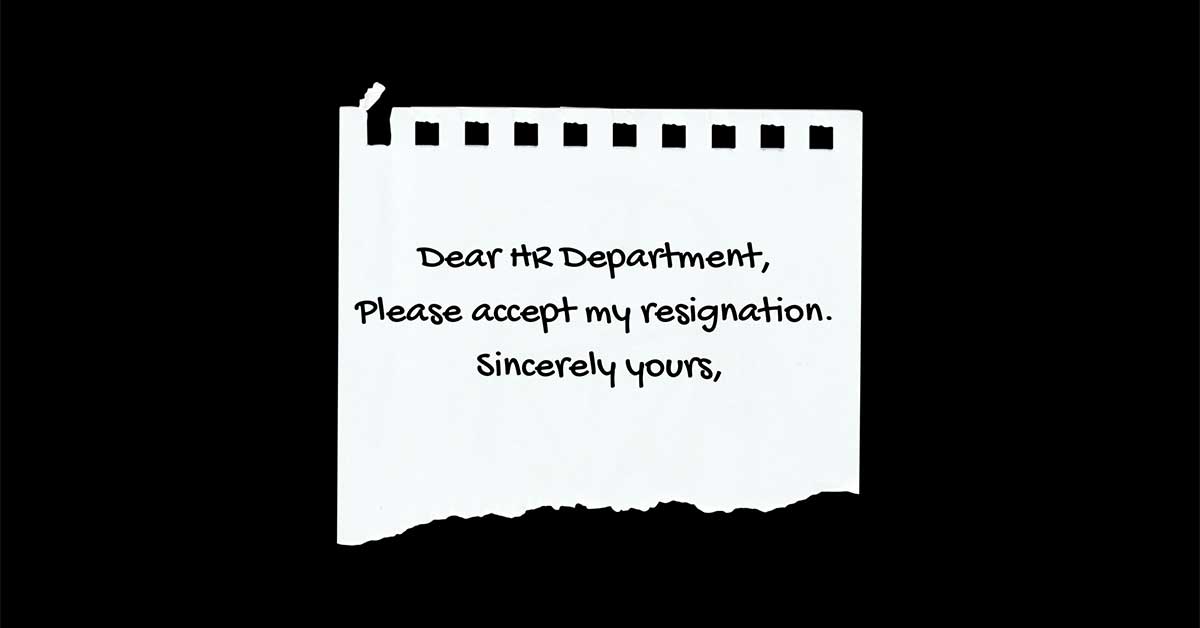Since the arrival of COVID-19, we have spoken much on the qualities needed for effective leadership in these turbulent and uncertain times – and it is good leadership which is the “hardest to do well particularly when people face objective threats, when old ways of working are no longer possible, and when confusion and anxiety abound.”[1] And although you have been strengthening and building those leadership muscles over the last 18 months, with the recent advent of Omicron,[2] you may have to dig deep again to tackle this latest delivery by the pandemic – below we list 4 must dos for you to embrace, in order to get or keep you on the front foot of COVID-19’s latest variant.
- Tough Decisions Need to Be Made, and Quickly
Since March 2020, you as leaders have had to make tough choices so that your businesses can survive in the short term and thrive in the long term. As a leader, this role has seen the need for you to make difficult decisions such as cost-cutting, mass redundancies and site closings. However, you recognise that if you delay or avoid necessary decisions, you are potentially putting your people’s safety at risk, burning through cash reserves and failing to sell products or provide services to your customer base.[3]
Plus, your reality is, that these decisions have to be made quickly and with incomplete information—all while facing unanticipated consequences to both you, the organisation, and your people. Unfortunately, whether deserved or not, you may be the target of heavy criticism, second-guessing, and possibly some nasty gossip. Still, as oft quoted in these blogs, Spiderman’s quote of “With great power, comes great responsibility”, the buck stops with you – with the latest variant, there may be further impacts on your business, where you may need to reinstate a range of new practices to keep your business afloat and importantly to keep your people and your customers safe – and not everyone is going to thank you for it.
- Managing Blaming or Excusing
Effective leaders appreciate that making excuses for anybody does not assist anywhere or anyone – good leaders also know that managing the psychology of credit, blame, and control is part of their job and responsibility.[4] Being a leader, you no doubt have learnt that you will receive more blame and credit than you deserve for what is happening to and within your organisation. Research suggests that it is often a mistake for leaders to dispute the inflated and inaccurate perception that they have on their ability to impact the organisation’s performance and reputation. Instead, what is recommended is that smart leaders “bolster this belief, recognizing that it may help them instill confidence and hope, because it boosts the odds that they will be seen as competent and in control.” [5]
Taking responsibility or blame for the bad and unpalatable things that are happening or might still go bad in the future, also helps convince key stakeholders including your people that you as the leader are right there in the thick of it – battling all adverse conditions to push the organisation and its people through and to the other side of the pandemic.
- Empathy and Care – and a Bit of Control
To repeat a theme that we have been promoting long before the arrival of COVID-19, that within a leader’s remit there is no job is more important than taking care of your team – in times of crisis, multiply your efforts. Effective leaders understand their team’s circumstances and motivations and realise the importance to promptly and thoroughly communicate any new goals and information.
It is simple human nature that people are more willing to accept and implement unpleasant decisions when they believe that their leaders genuinely care about them, and that the way forward is for the greater good rather than for their leader’s self-interest. Leaders who care about employees do really listen and express sadness and concern, and when it comes time to implement tough and distressing decisions, they do it in the most humane ways possible. The implication being that if leaders can’t give people control over what happens to them, people will suffer less if they are given control over how they experience the stress, and over what happens to them as a result of it. [6]
- Sustain Calm and Build Hope
We have spoken before about the need for leaders to be the calm in the chaos. As a leader you need to calm the people you depend on and who depend on you. Fortunately, despite the arrival of the Omicron variant, you as the leader already have runs on the board – you can refer to how you and your team have already navigated most of the key impacts and challenges that COVID-19 has thrown your way. You can encourage your people with “We have got this – we’ve done this before!”
By acting quickly, accepting responsibility and using compassionate words and deeds to calm your people, you will also galvanise them to direct their energy to join you through the crisis and beyond.
[1] https://www.mckinsey.com/featured-insights/leadership/from-a-room-called-fear-to-a-room-called-hope-a-leadership-agenda-for-troubled-times
[2] https://hbr.org/2021/12/the-omicron-variant-how-companies-should-respond
[3] https://www.mckinsey.com/featured-insights/leadership/from-a-room-called-fear-to-a-room-called-hope-a-leadership-agenda-for-troubled-times
[4] https://www.mckinsey.com/featured-insights/leadership/from-a-room-called-fear-to-a-room-called-hope-a-leadership-agenda-for-troubled-times
[5] https://www.mckinsey.com/featured-insights/leadership/from-a-room-called-fear-to-a-room-called-hope-a-leadership-agenda-for-troubled-times
[6] https://hbr.org/2020/04/4-behaviors-that-help-leaders-manage-a-crisis




